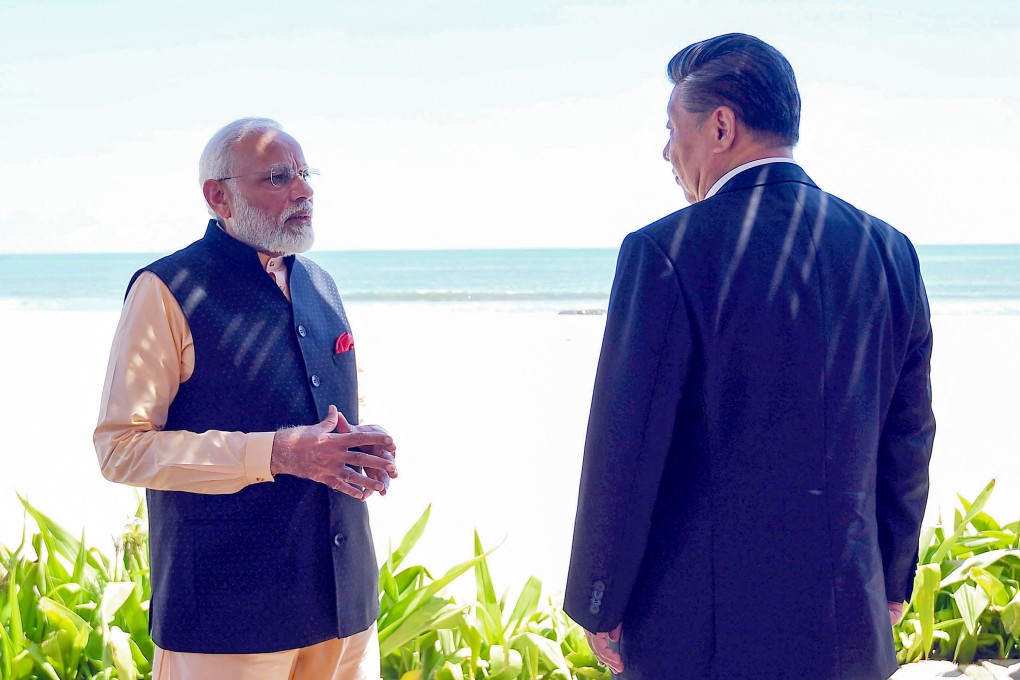Advertisement
Macroscope | As West exploits India-China cracks, Asia must rise above the divisive ideology
- From G20 to Brics, the more the West seeks to weaken the India-China axis crucial to regional cooperation, the more Asia’s statesmen must stand together
Reading Time:3 minutes
Why you can trust SCMP
16

Summit season has peaked in Asia with G20 leaders meeting in India and Asean statesmen in Indonesia this past week, right on the heels of the Brics summit in South Africa last month.
In some ways, this marks a coming of age for Asian nations, with US President Joe Biden, German Chancellor Olaf Scholz and French President Emmanuel Macron all keen to push the Western agenda at the G20 meeting. The world, it seems, is beating a path to Asia’s door.
Healthy though this changing balance of power will be in the long run, with its promise of greater North-South political and economic equilibrium, there will be turbulent times during the transition and Western powers are likely to try to exploit them in an attempt to restore the status quo ante.
Advertisement
This is becoming evident as commentators, including those from the West, play up the differences between China and India, for instance, ascribing President Xi Jinping’s absence from the G20 summit in New Delhi to the territorial disputes between the two countries and calling it a snub.
Sino-Indian differences certainly exist and they go deeper than border issues. They reflect divergent cultural values and historical experiences. But they are being purposely exacerbated by inducing India to join so-called Indo-Pacific initiatives created to counter Asia-Pacific cooperation.
Advertisement
These include, among others, the Biden administration-initiated Indo-Pacific Economic Framework (IPEF) which includes the US, Australia and Japan and others, as well as the Quadrilateral Security Dialogue (known as the Quad), a strategic security forum for Australia, India, Japan and the US.
Advertisement
Select Voice
Select Speed
1.00x
